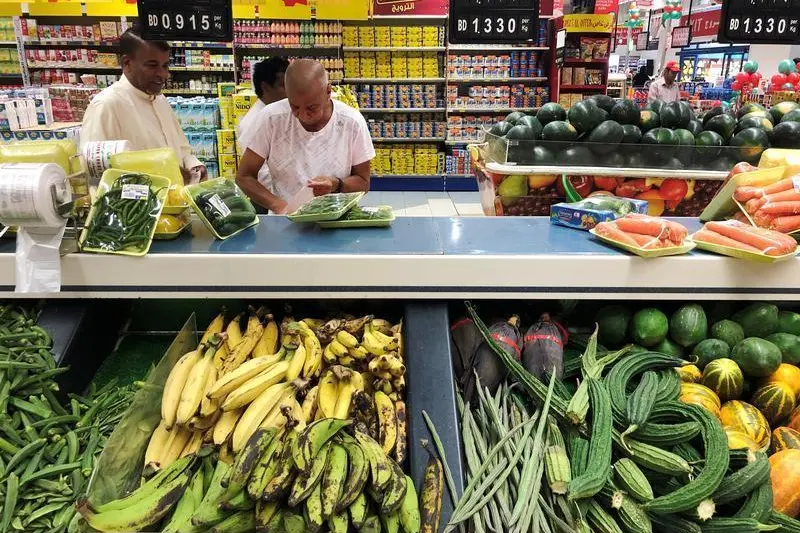PHOTO
Prices of many essential commodities exempted by the government from the kingdom’s 10 per cent Value Added Tax (VAT) have helped to ensure the local market remains ‘stable and largely unaffected’ by many global inflationary challenges, traders say.
Retailers unanimously affirmed that despite well-publicised pressures, food prices and availability in the country were mostly under control.
“There are more than 94 essential commodities subsidised by the government that have contributed to maintaining market discipline, ensuring a consistent availability of food products to meet consumer needs,” said a statement issued by the traders yesterday.
The commodities include food products exempted from the 10pc Value Added Tax (VAT) such as meat and fish, bread, water, dairy products, sugar, salt, cereals, vegetables, fruits, tea and coffee.
These items are currently subject to a zero-rated VAT status. Business owners, however, have called for the opening of even more new markets because providing customers with multiple choices for a single product will increase their purchasing power.
“Prices of subsidised food items are stable and have experienced no changes at all thanks to government policies,” said Bahrain Chamber’s Food Wealth Committee chairman Khalid Al Amin.
Similarly, Bahraini trader Rashad Zainal reassured citizens about the stability of many prices in the local market, despite steep increases observed in most countries worldwide.
He also commended the role of the Bahrain Chamber in helping to open a growing number of global markets to Bahraini importers and its continuous co-operation with the government to develop strategic plans that enhance the strategic stockpile of essential food items.
Although prices of milk, eggs and other dairy products have increased in recent months, as reported in the GDN, special deals and competitive pricing have eased the pressure.
From left, Mr Al Bustani, Mr Zainal and Mr Al Amin
In addition, merchant Rida Al Bustani blasted recent social media posts that were allegedly spreading ill-founded and misleading messages, claiming there had been a sudden hike in food prices.
The GDN reported in July that Bahrain ranks second among Gulf countries in the Global Food Security 2022 second quarter report.
New initiatives to achieve food security in Bahrain include aqua-farming, animal and agriculture projects as well as increasing the production of poultry. Projects worth BD400 million are underway to establish hydroponic farms and 356 greenhouses – covering 260,000sqm of land – which will produce 3,600 tonnes of food annually.
Copyright 2022 Al Hilal Publishing and Marketing Group Provided by SyndiGate Media Inc. (Syndigate.info).




















